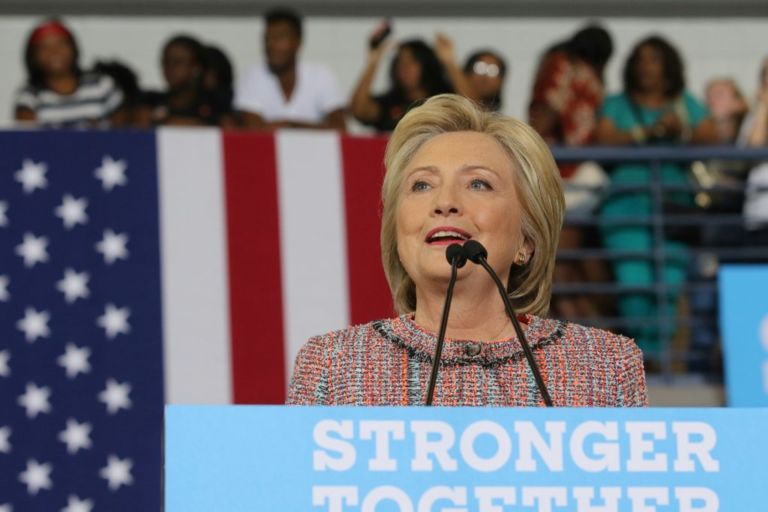Thomas Geoghegan is a union lawyer who often pens utter nonsense — for example his claim earlier this year that it’s a good thing that the NLRB is blocking Boeing’s move to produce planes in South Carolina because workers in the South just can’t do good quality work. For that, he was mauled by several letters in the WSJ.
He’s at it again, with a foolish piece in The Nation regarding trade. (At least it’s unlikely that Nation readers will lambaste his economic ignorance.) Don Boudreaux points out in his letter that a trade deficit is the slip side of a capital surplus. I’d also add that nations do not run trade deficits (or capital surpluses); they are just a statistical result of millions of individual decisions. The trouble with statists like Geoghegan is that they don’t think in terms of individual action, but always in terms of aggregates, which they suppose must be managed by people like themselves.
Editor, The Nation
Dear Editor:
Thomas Geoghegan writes that "Of course no country should run a trade deficit.
That’s common sense" ("What Would Keynes Do?" Sept. 27).
Let's translate the first sentence into terms more revealing: "Of course no
country should ever have a net inflow of capital."
Appending "That's common sense" to this translation of Mr. Geoghegan's sentence
seems, well, to contradict common sense.
Thundering against trade deficits is a shoddy and easy means of rousing the
economically illiterate to support destructive protectionist policies. But such
histrionics is very bad economics.
Sincerely,
Donald J. Boudreaux
Professor of Economics
George Mason University


